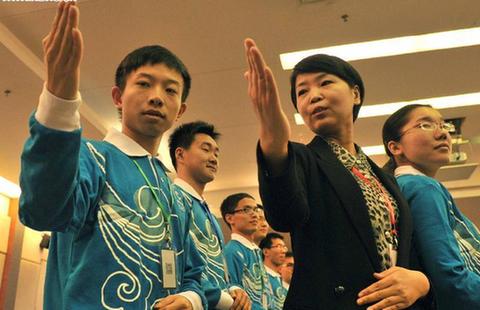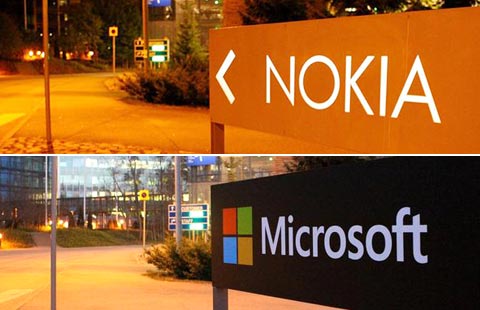Beyond the horizon
By Indrajit Basu (China Daily) Updated: 2014-10-27 10:59Pande's tryst with China started when he moved to Hong Kong to work for the Australia and New Zealand Banking Group in 1985. One of his responsibilities was to set up operations for ANZ Funds Management in Beijing.
"When we set up office in Beijing, there were only bicycles all around and few other forms of transport. It was not easy to get English-speaking office staff back then," he says.
In 2000, he was handpicked by the Tata Group to build the regional business for their IT company Tata Consultancy Services. It is now Asia's largest IT company, with a market capitalization of over $70 billion.
"I was instrumental in setting up TCS's APAC (Asia-Pacific) headquarters in Singapore in 2001 and pioneered its business growth in APAC, including China," Pande says. During his tenure, TCS expanded to over 11,000 associates in 14 countries in the region.
Pande also founded and spearheaded TCS's joint venture with the Chinese government in Beijing and was instrumental in strategizing and building its Chinese business. Today, TCS has more than 2,000 Chinese associates in six cities in China, he says.
Fourteen years of close ties with China have enabled Pande to build wide-ranging business contacts in the region.
For instance, he was economic adviser to the mayor of Guangzhou, China's third-largest city, and has been a speaker on a number of occasions at the World Economic Forums and the Boao Forums in China.
He also serves on the advisory board of Singapore Management University and on the board of the Institute of South Asian Studies, an affiliate of the National University of Singapore.
However, despite his knowledge and experience, Pande's business success in China did not come without a share of anxiety. "I was frequently confronted with the question of whether we will be successful in China," he says.
After over a decade with the Tatas, Pande stepped down from TCS in 2013 to start Apex Avalon Consulting. The company specializes in providing management consulting, research and analytics services to businesses in the fast-growing Asia-Pacific market.
To share his China experience, Pande also recently coauthored a book on the growing commercial ties between India and China, called The Silk Road Rediscovered: How Indian and Chinese Companies Are Becoming Globally Stronger by Winning in Each Other's Markets.
Although bilateral investments between the two countries-at less than $1 billion-are small compared to their $69 billion in bilateral trade, the picture is rapidly changing, according to Pande.
"Both Chinese and Indian businessmen are rediscovering the fabled silk route." He says this is reflected in explosive trade growth-a more than 23-fold increase in the last 14 years-and the rising number of Chinese and Indian companies setting up operations in each other's countries.
But Pande also feels that the two countries have not yet explored the best of each other.
"Growing integration between the two will offer new opportunities, as well as new competitive challenges to their companies," he says.
Pande says that just as the United States and Canada have learned to complement one another, China and India will need to match their market economies if they want their respective growth to benefit Asia.
He says that Indian and Chinese companies must design their strategies from a global perspective.
- Chinese vice premier underlines steady employment
- Auto racing has only just begun for sports investment
- FDI in Africa to expand into agriculture and manufacture
- China Vanke's Q3 profit growth slows
- Yanzhou Coal Mining sees profit in Jan-Sept
- Strumming the perfect branding melodies in UK
- Chinese companies cater to Indonesia's need of infrastructure
- Exception to the rule of game
















